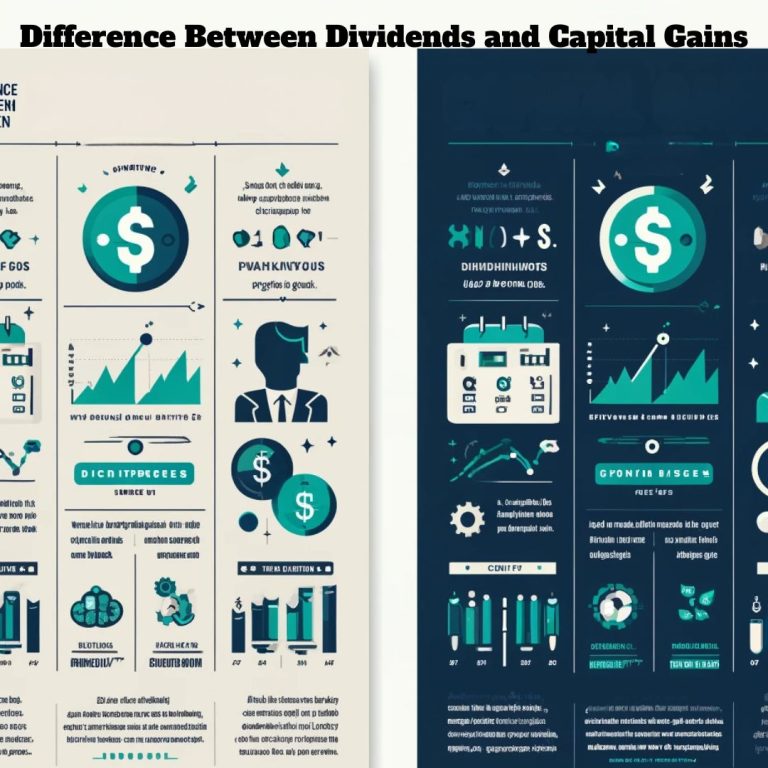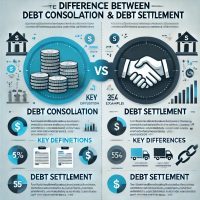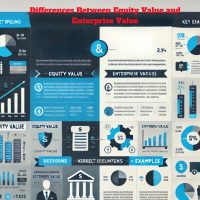The difference between dividends and capital gains lies in their source and nature of income. Dividends are regular payouts made by a company from its profits to shareholders, while capital gains arise from the appreciation of an asset’s value over time. Both are forms of returns on investment but differ in taxation, timing, and investment strategy implications. Understanding these distinctions is essential for investors to manage portfolios and tax liabilities effectively.
What is Capital Gains?
Capital gains refer to the profit earned from selling an asset at a price higher than its purchase cost. These assets can include stocks, bonds, real estate, or mutual funds.
Types of Capital Gains
- Short-Term Capital Gains (STCG):
- Arise when an asset is sold within a short duration (e.g., less than one year for stocks in many jurisdictions).
- Taxed at a higher rate than long-term gains.
- Long-Term Capital Gains (LTCG):
- Result from holding an asset for an extended period (e.g., over one year).
- Taxed at a preferential, lower rate.
Example
- If you buy shares for $1,000 and sell them for $1,500, the $500 profit is your capital gain.
Key Features
- Relies on market price fluctuations.
- Realized only when the asset is sold.
- Tax rates vary based on holding period and asset type.
What Is Dividend Income?
Dividend income is the portion of a company’s earnings distributed to shareholders as a reward for their investment. Dividends are typically paid in cash or additional shares.
Types of Dividends
- Cash Dividends:
- Paid directly into the shareholder’s account.
- Stock Dividends:
- Issued as additional shares instead of cash.
- Special Dividends:
- One-time payouts reflecting exceptional profits.
Example
If a company declares a dividend of $2 per share and you own 100 shares, your dividend income will be $200.
Key Features
- Represents a portion of the company’s profits.
- Provides regular income for shareholders.
- Declared at the discretion of the company’s board of directors.
Are Dividends Taxable Income?
Yes, dividends are considered generally taxable income. For most countries, shareholders report dividends received as part of their income on their tax returns. However, the tax treatment may vary significantly depending on the type of dividend (e.g., qualified or non-qualified), the jurisdiction’s tax laws, and whether the dividends are domestic or foreign sources. A special tax rate or tax exemption may apply depending on the situation-in such cases, qualified dividends may have a preferential tax rate or retirement funds have some tax-free treatment.
Taxation of Dividends
- Qualified Dividends:
- Taxed at lower, long-term capital gains rates.
- Requires meeting specific holding period and source criteria.
- Ordinary Dividends:
- Taxed at the investor’s regular income tax rate.
Impact of Taxation
- Dividend taxation varies depending on the country’s tax laws.
- Double taxation may occur since companies pay taxes on profits before distributing dividends.
Example
If you receive $1,000 in qualified dividends and fall under the 15% tax bracket for capital gains, you owe $150 in taxes.
Is a Dividend an Income or an Expense?
A dividend is considered an income for shareholders as it represents a share of the profit made by the company and distributed to shareholders. To the company, it is not booked as an expense but as a distribution of retained earnings that reduces the equity of the company.
For Shareholders
- Dividends represent a passive income stream derived from investments.
- Recorded as income in personal financial statements.
For Companies
- Dividends are considered a distribution of profits, not an operational expense.
- They are reflected in the company’s retained earnings, reducing shareholders’ equity.
Importance
- Companies that consistently pay dividends are often seen as financially stable.
- Dividend-paying stocks attract income-focused investors.
What Qualifies As a Capital Gain?
Criteria for Capital Gains
- Ownership of Capital Assets:
- Stocks, bonds, real estate, mutual funds, or collectibles.
- Sale or Transfer of the Asset:
- Gains are realized only upon selling the asset.
- Value Appreciation:
- The selling price must exceed the original purchase cost.
Exemptions and Deductions
- Some jurisdictions offer exemptions for gains on primary residences or retirement accounts.
- Losses from asset sales can offset gains, reducing taxable income.
Example
- Selling a home after 5 years for a $100,000 profit qualifies as a long-term capital gain.
Difference Between Dividends and Capital Gains
| Aspect | Dividends | Capital Gains |
| Source | Distributed profits of a company | Asset appreciation upon sale |
| Timing | Paid periodically (quarterly/annually) | Realized upon asset sale |
| Taxation | Taxable as income (qualified/ordinary) | Taxable as STCG or LTCG |
| Risk Factor | Relatively stable | Depends on market price fluctuations |
| Income Type | Passive income | One-time profit or loss |
Practical Example
- Receiving $500 in dividends from stock ownership versus earning $1,000 from selling appreciated stock represents the difference.
Conclusion
The difference between dividends and capital gains reflects their distinct roles in investment returns. Dividends provide consistent income from company profits, appealing to income-oriented investors. Capital gains, on the other hand, offer potential for significant returns through asset appreciation, aligning with growth-focused strategies. Understanding these income sources helps investors build diversified portfolios and manage tax implications effectively. Whether prioritizing steady income or long-term growth, both play essential roles in financial planning.
Difference Between Dividends and Capital Gains FAQs
Are dividends and capital gains taxed differently?
Yes, dividends are taxed as ordinary or qualified income, while capital gains are taxed based on holding periods as short-term or long-term.
Can I receive dividends without selling my stocks?
Yes, dividends are distributed regularly to shareholders without requiring asset sales.
What happens to my investment if I reinvest dividends?
Reinvesting dividends buys more shares, compounding your investment returns over time.
Are capital gains realized automatically?
No, capital gains are realized only when you sell an asset at a price higher than its purchase cost.
Do all companies pay dividends?
No, dividend payments depend on the company’s profitability and distribution policy, with many growth-focused companies choosing not to pay dividends.


